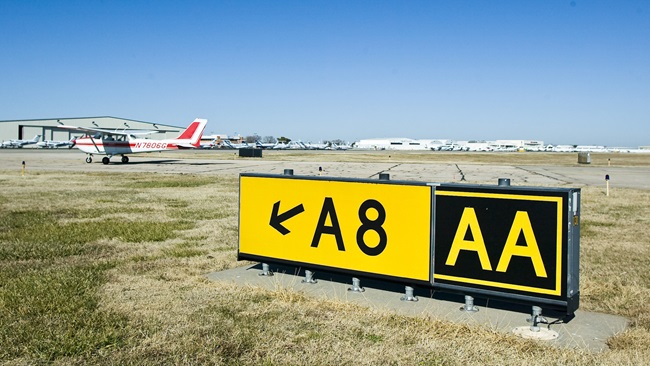Fuel additive shortage looms as Gulf coast recovers from February storm
Lingering impacts of the February deep freeze that covered much of the Gulf coastal region with snow, knocked out power and water to millions, and paralyzed refineries and chemical plants are squeezing supply and potentially the price of an anti-icing additive used in jet fuel.
AOPA confirmed reports of a “looming shortage” of the fuel system icing inhibitor best known by the brand name Prist.
“The two main supply locations for aviation grade glycol ethers suffered significant freeze damage to processing and safety systems during the recent storms on the Gulf Coast, and are now working on substantial repairs,” Marci Ammerman, Avfuel vice president of marketing, wrote to AOPA in an email. “While there is currently some product available, this supply disruption is causing a shortage throughout the industry, impacting fuel suppliers' ability to provide fuel additive to customers.”
With supply under pressure, “a price increase is also expected for a period of time. We anticipate there will be normalization in the next 30-60 days with pricing adjusting accordingly,” she wrote.
“There is a shortage if you were not proactive,” said Michael Mattern, quality control specialist for Titan Aviation Fuels, a New Bern, North Carolina-based distributor that serves 600 FBOs.
Mattern said Titan began emailing their FBO customers about an impending supply crunch shortly after the February deep freeze hit Texas—and for now Titan is counting on a shipment of product from Dubai, due in Florida in mid-April, to meet customers’ needs.
In the meantime, Titan is working to help customers who buy unblended jet fuel by arranging deliveries with transport trucks that have injectors installed, allowing the icing inhibitor fluid to be added to the fuel load on delivery to the customer.
Most of his customers in the eastern states receive their jet fuel with the additive already blended in. However, “No doubt a pilot could fly to an airport that did not have” blended fuel, he said, recommending a check of the destination’s capabilities before departing.
As of March 31, prices he observed remained stable. So far, Mattern had only had to make special arrangements to assist two customers, he said. He concurred with Ammerman’s estimate that the tight supply problem “will spill into mid-May before we see normal flow.”
An insurance-industry group estimated losses from Winter Storm Uri and related impacts such as business-interruption payouts at more than $10 billion.
According to a survey conducted by the Hobby School of Public Affairs of the University of Houston, 69 percent of Texas residents lost power for an average of 42 hours between February 14 and 20, and about half of Texans lost access to running water.


